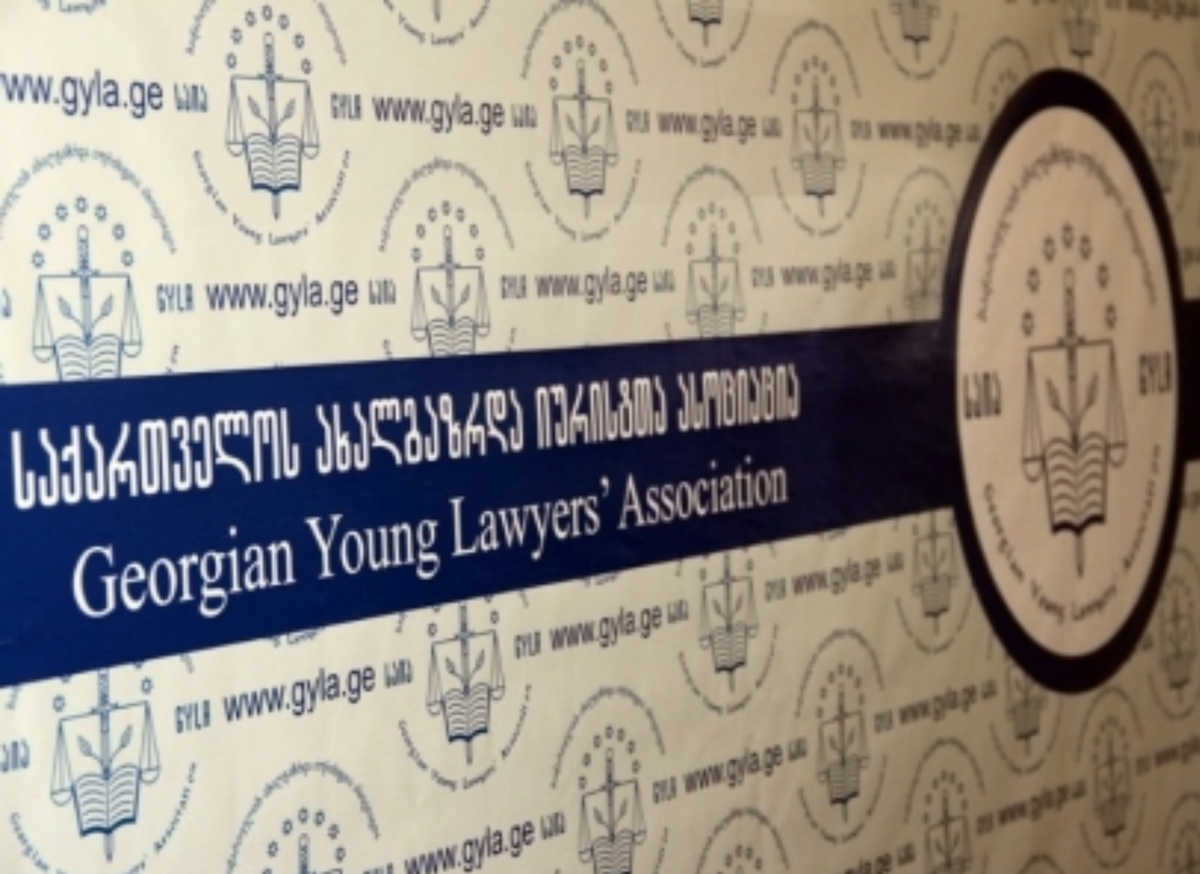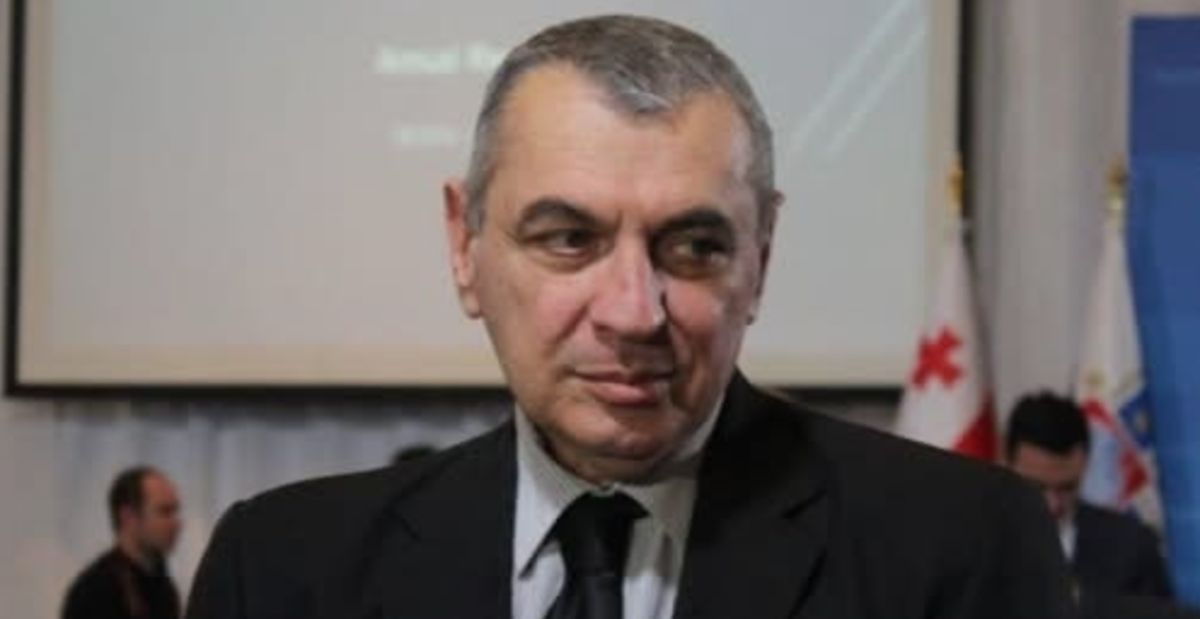Georgian Dream postpones opposition party ban until after local elections
Georgia delays opposition ban until after elections
Georgia’s ruling party, Georgian Dream, plans to file a constitutional appeal to ban opposition parties — but only after the upcoming local elections. The announcement was made by Mamuka Mdinaradze, Executive Secretary of Georgian Dream, during a session of the one-party parliament.
According to Mdinaradze, the delay is due to the need to extend the mandate of the parliamentary investigative commission, which is examining the activities of the opposition.
He also claimed that this timing would prevent “internal and external forces” from accusing Georgian Dream of deliberately banning the opposition just ahead of the local elections.
“We are ready for the Georgian people to deliver a worthy response to the agent-parties [the opposition] in this year’s elections. We will win triumphantly and then prepare a thorough and well-founded appeal, which should serve as an objective basis for the Constitutional Court to ban the ‘collective National Movement’ [the opposition] later this year, shortly after the local self-government elections,” said Mdinaradze.
According to him, in the upcoming local elections, Georgian Dream will once again demonstrate how “futile any attempts by external forces to replace Georgia’s government with their own agents” truly are:
“We will bring the commission’s work [investigating the opposition] to its promised logical conclusion. As for the ‘collective National Movement’, we expect that after our announcement, their patrons and sponsors will instruct them to take part in what will be their final elections — where we will once again show just how pointless any external attempts to install agent rule in an independent and self-respecting Georgia really are.”
On 13 April 2025, it was revealed that Georgia’s parliament had begun discussions on a package of laws aimed at banning opposition political parties in the country.
The majority of Georgian Dream MPs supported amendments to the laws On Citizens’ Political Associations and On the Constitutional Court. These changes will be reviewed by the Parliamentary Legal Affairs Committee.
Under the proposed amendments, the Constitutional Court would be able to ban a political party if its stated goals, core activities, and leadership resemble those of a party previously outlawed by the court.
According to current Georgian legislation, only the Constitutional Court can ban a political party. Under the existing Law on Citizens’ Political Associations, the court may ban a party if it aims to overthrow or forcibly alter Georgia’s constitutional order, undermine the country’s independence, or violate its territorial integrity. It may also outlaw a party that promotes war or violence, incites national, ethnic, religious, or social hatred, or creates (or has created) an armed group.
Georgia delays opposition ban until after elections




















